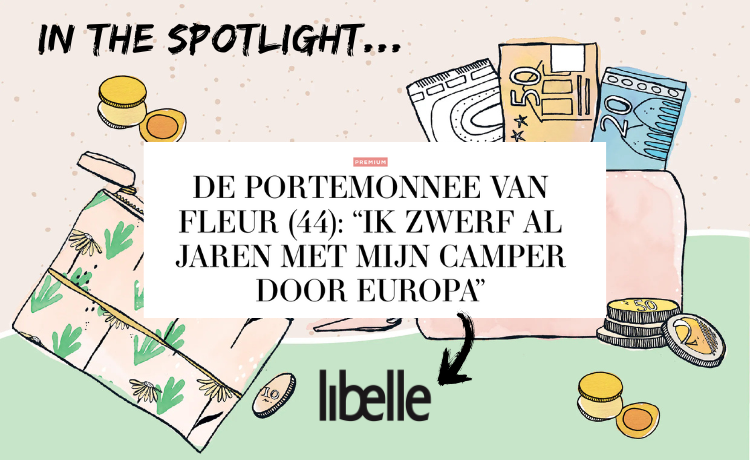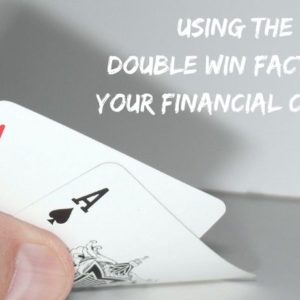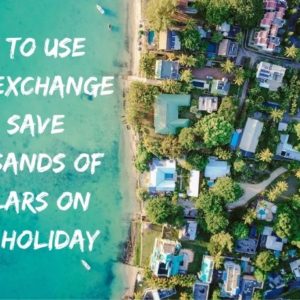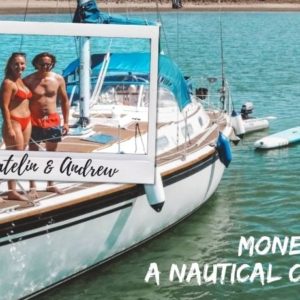I was recently interviewed by Libelle magazine, one of the most well-known and widely read women’s magazines in the Netherlands. Every week, Libelle inspires hundreds of thousands of readers with real-life stories, lifestyle tips, and personal reflections. In the popular recurring column called “De portemonnee van” – which literally translates to “The Wallet of…” women open up about their finances: how they earn, spend, save, and think about money. It’s a raw, honest, and incredibly refreshing look at personal finance, Dutch style. I had the chance to share my story – from life in a self-built camper to my evolving relationship with money, freedom, and security. A peek into my wallet – and my life on the road.
 Below you can find the full translated interview. If you’d like to read the original article (in Dutch) click here to view it on Libelle.nl.
Below you can find the full translated interview. If you’d like to read the original article (in Dutch) click here to view it on Libelle.nl.





